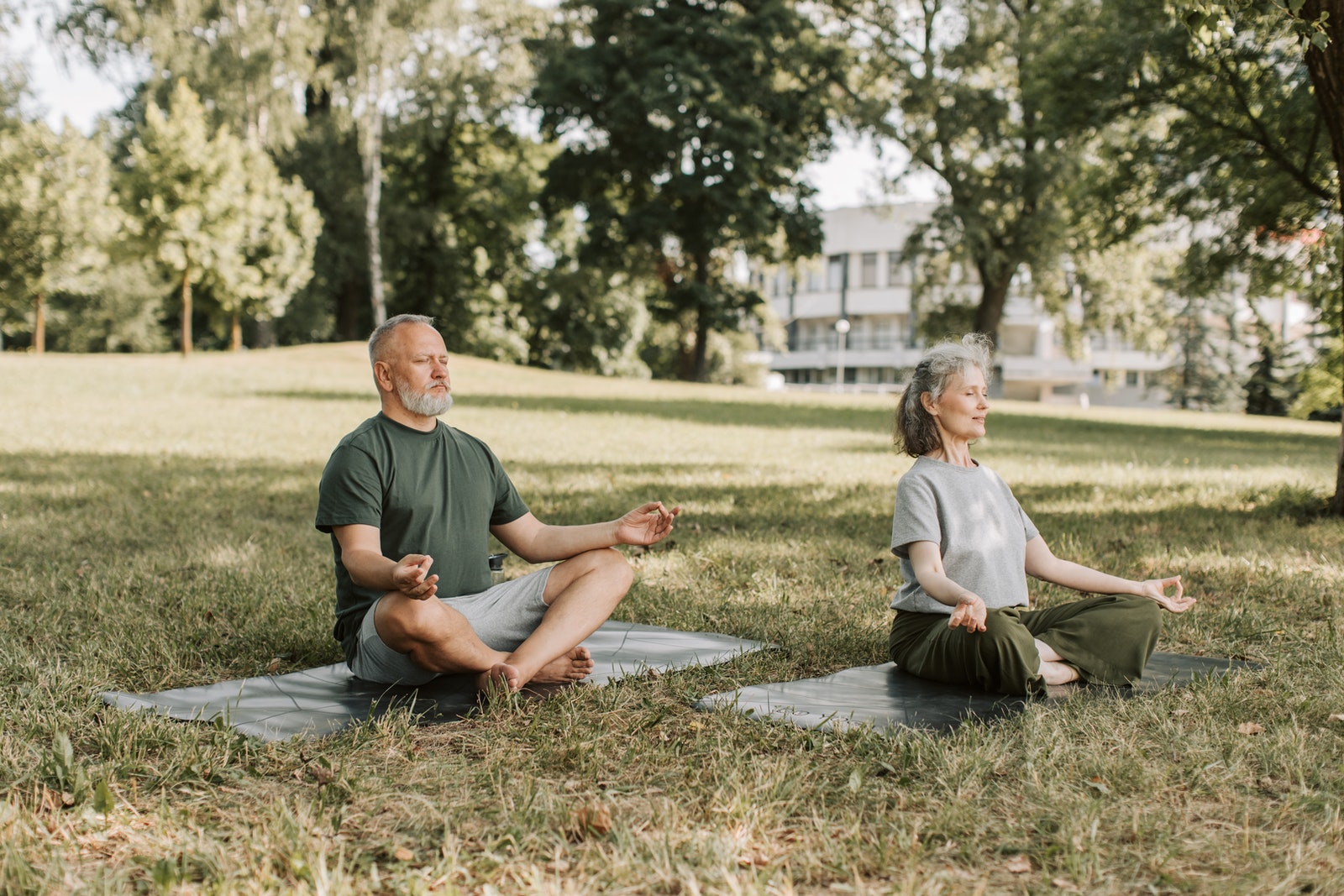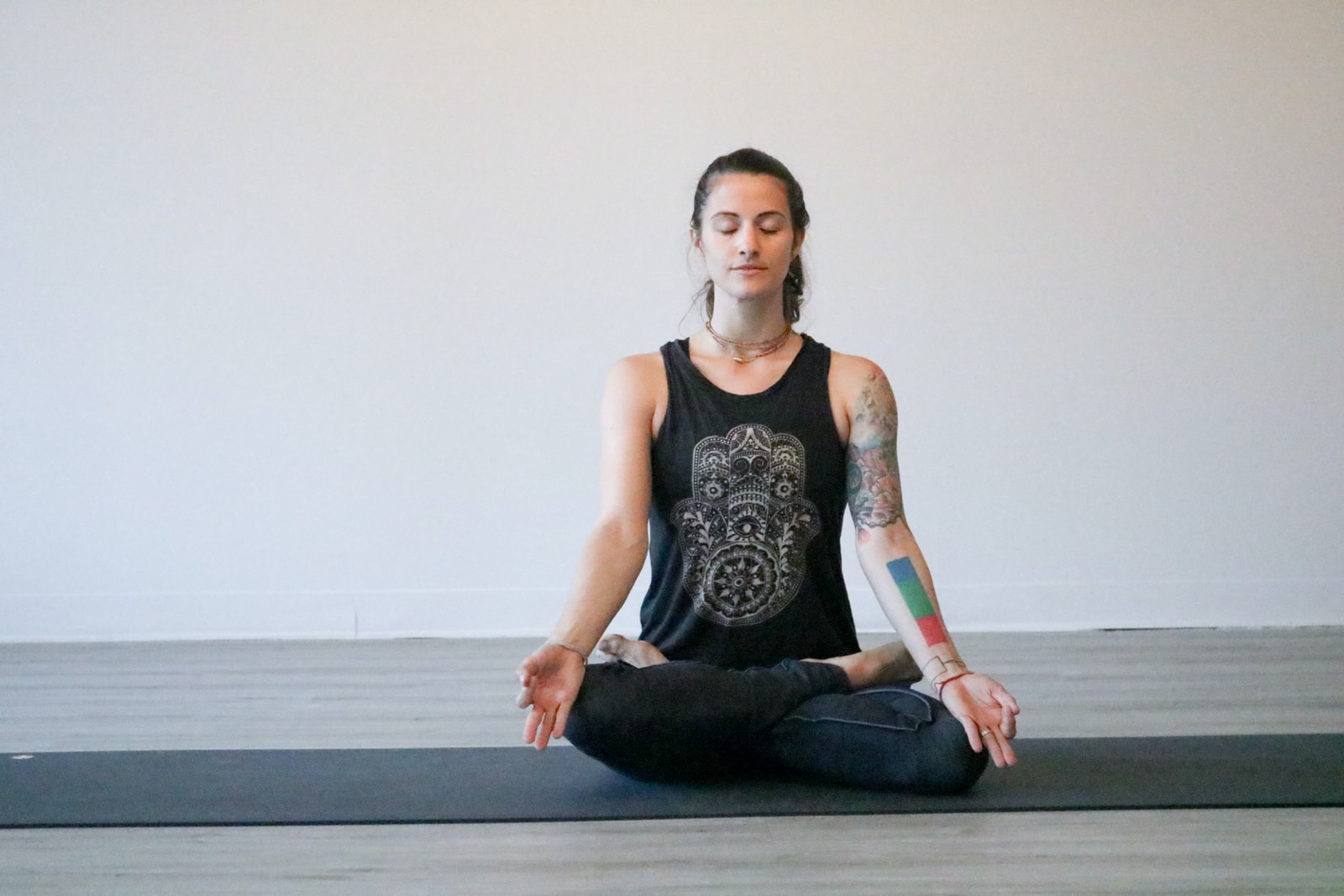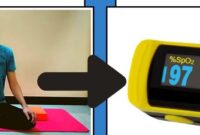“Calm down, take a deep breath” is one sentence that is often said to people who are angry or angry. It turns out that this advice has some truth. Therefore, it is crucial to know the benefits of deep breathing exercises and their benefits for body health functions.
How can shortness of breath occur?
When you breathe in, the diaphragm tightens and moves downwards, allowing the lungs to expand and fill with oxygen. As you exhale, your diaphragm will relax and move into your chest cavity.
The average respiratory rate of a healthy adult human in a relaxed state is 12-20 breaths per minute. However, when we are in a stressful situation, the diaphragm flattens out, so we breathe faster and shorter.
This condition causes the lungs not to get the top portion of oxygenated air. As a result, you then feel short of breath. The discomfort of not normal breathing can increase your stress, blood pressure, and anxiety levels.
Benefits of deep breathing exercises

When done correctly, deep breathing can provide a variety of benefits. Here are the various benefits.
1. Reduce stress
Research has shown that taking a moment to be alone and taking deep breaths can make you calmer and more relaxed.
The autonomic nervous system, which controls involuntary actions such as heart rate and breathing, is divided into two parts: the sympathetic nervous system, which contains the fight or flight response, and the parasympathetic nervous system, which controls relaxation responses.
When stressed, the sympathetic nervous system will work more actively by making breathing and heart rates work faster. Taking deep breaths and more airflow into the body will help calm the nervous system.
2. Help control asthma and high blood pressure
The narrowed and inflamed airways in people with asthma can make breathing difficult.
In addition to undergoing treatment, asthma patients are often advised to practice breathing to control symptoms. Taking a deep breath sincerely can help open the airways, improve breathing, and improve quality of life.
Regularly practising breathing techniques can slow heart rate and lower or stabilize blood pressure.
3. Reduce pain
Not only beneficial for the respiratory organs, but deep breathing exercises can also help reduce pain.
When you breathe deeply, the level of nitrous oxide in the blood increases; nitrous oxide is often used as an anaesthetic for specific medical procedures.
Increased levels of nitrous oxide compounds in the body will reduce tension in the body and reduce pain.
4. Help overcome digestive problems
For indigestion, taking deep breaths may help relieve your condition.
Deep breathing techniques will provide a gentle massage sensation around the intestines and stomach. Taking deep breaths can also help activate the parasympathetic system in response to the body’s relaxation.
This technique will help with digestive symptoms, such as diarrhoea and constipation.
5. Help improve posture
Who would have thought that breathing techniques could affect your posture?
When you take a deep breath and use your lungs to their total capacity, you simultaneously strengthen the spine’s natural curve.
The upper back, neck, and shoulders are optimal at that time. It reduces tension in the upper body. It will help you establish a better posture.
How to do deep breathing exercises

Practising deep breathing exercises every day is vital to improving your breathing ability. The easiest way to do this is to find a quiet and comfortable place to sit or lie down.
After that, try to breathe normally as you usually would and place your hands on your stomach. Then inhale slowly through your nose, allowing your chest and lower abdomen to expand until you feel your hands rising.
That means your diaphragm moves downwards, allowing your lungs to fill with oxygenated air. Allow your stomach to expand until it reaches its maximum capacity.
Hold your breath for a few minutes, and then exhale slowly through your mouth (or through your nose if this is more comfortable for you). You should also feel your hand slowly coming down. Repeat for a few minutes.
Practising deep breathing exercises daily will get your body used to breathing correctly. That way, when you are in a stressful situation, you will instinctively use this breathing technique.




